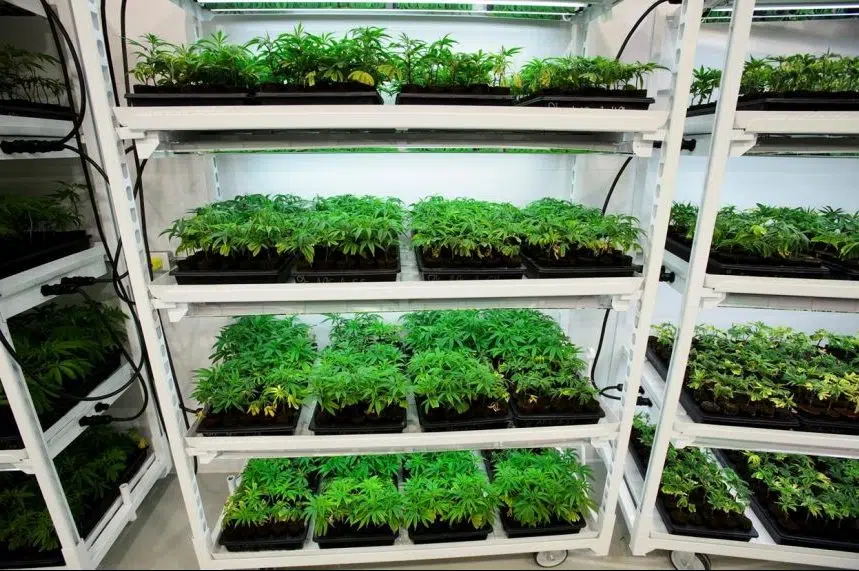OTTAWA — The federal government is taking a somewhat noxious approach to studying just how much pot Canadians are consuming: researching our sewage.
Statistics Canada will spend up to $600,000 a year for a contractor to regularly test waste water from 15 to 20 municipalities across the country for traces of THC, the active ingredient in marijuana, and other drugs.
The survey could be the best way to collect precise data on the amount of pot Canadians consume, according to Anthony Peluso, an assistant director at Statistics Canada.
“We want to have a good indication of actual consumption numbers,” said Peluso. “Sometimes we do get quantities, but we’re not sure.”
Peluso said that by using the same methodology from sewage analysis surveys in Europe that have proven accurate in the past, Statistics Canada believes it will be able to fill some of its information gap that way.
After cannabis is metabolized by the body, traces of THC are left behind in human waste. Samples of waste water from sewage treatment plants can then be collected and tested for the substance.
The waste water would be collected over the course of one week every month for at least one year with the possibility of expanding to three if the results are useful, according to Statistics Canada’s contract proposal.
Six municipalities covering a combined population of nearly eight million people are already on board with the survey. But Statistics Canada would not say which municipalities have signed on.
Peluso indicated that the survey may also help the federal government track pot purchased on the black market even after the drug is legalized in July.
“It is possible that if we’re able to get the consumption numbers and figure out what legal sales are, we might be able to get some estimate of illegal consumption as well,” he said.
That’s because the waste water tests will show how much marijuana is actually consumed, while legal sales data will only show how much pot is bought on the official market.
The technology used to track marijuana consumption in waste water can also be used to detect other drugs like cocaine and methamphetamines. Peluso said Statistics Canada is planning on taking advantage of that data as well.
“The methodology is there. It handles cannabis and it handles everything else for roughly the same price,” he said. “You’d be a fool to say no from a statistical point of view.”
DATTA Engineering Inc., a civil engineering and infrastructure firm based in Ottawa, has already indicated interest in the contract.
Bidding for the contract closes Feb. 26.
Levi Garber, The Canadian Press







